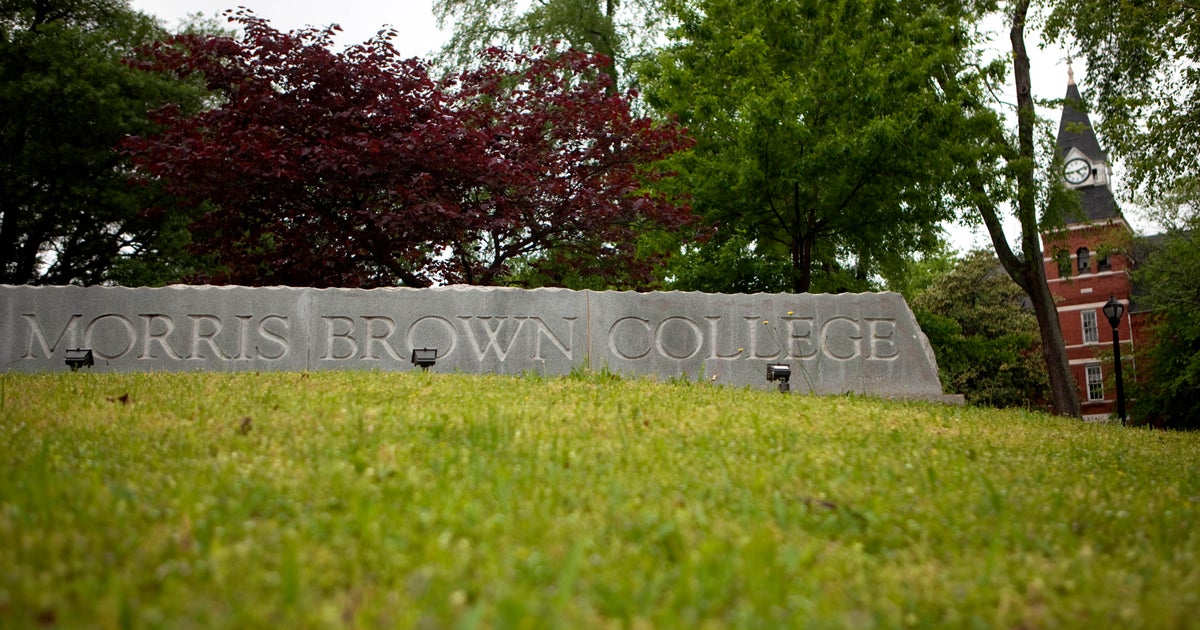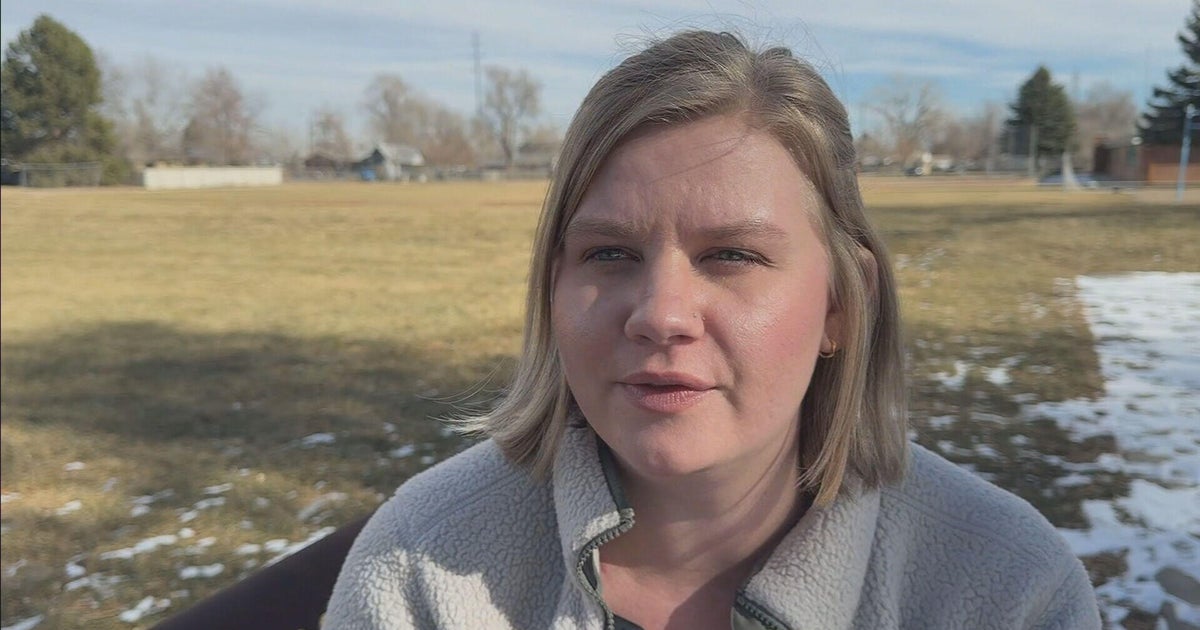New COVID variant BA.2.86 in at least 4 states — what to know about the highly mutated strain
Health authorities and scientists say they are now racing to study BA.2.86, a new strain of the virus that causes COVID-19, after the highly mutated variant was spotted spreading in multiple countries around the world and at least four different U.S. states.
For now, officials say they remain well-equipped to deal with the strain if it continues to spread. Early assessments suggest current treatments and tests, as well as upcoming vaccines to be rolled out in September, will not be rendered useless by BA.2.86.
But a number of questions remain about the variant, nicknamed "Pirola" on social media, whose mutations could amount to an evolutionary jump on par with the emergence of the Omicron variant in 2021.
Here's the latest on what we know about the strain.
Is there a new COVID variant?
The Centers for Disease Control and Prevention and World Health Organization say they have been closely tracking the emergence of a new, highly mutated COVID-19 variant that scientists have labeled BA.2.86.
The new variant first raised concerns earlier this month after variant trackers noticed a handful of new sequences showing up in global virus databases with a large number of genetic changes different from other circulating strains.
When compared to the XBB.1.5 variant, which drove a wave earlier this year and was picked out to be targeted by the upcoming fall booster shots, BA.2.86 has 36 mutations. Sequences of early Omicron variants in 2021 also had a similar number of mutations, when compared to the original strain of the virus.
BA.2.86's mutations include changes at key parts of the virus that could help the variant dodge the body's immune defenses from prior infections or vaccinations.
Authorities still consider BA.2.86 technically a part of the Omicron variant family, though the WHO told reporters that this could change if the strain spreads more widely.
"We will use a Greek letter when we have a variant of concern and we won't hesitate to use those Greek letters should they be needed," Maria Van Kerkhove, the WHO's COVID-19 technical lead, said Aug. 25.
More could be known soon about the impacts of the strain, from experiments done by scientists testing the strain's mutations against antibodies for the virus.
Among them is Peking University Professor Yunglong Cao, whose rapid assessments of variant abilities to dodge antibodies have played a key role in helping global authorities judge the threats posed by past strains. Cao told CBS News on Aug. 24 he expected to have some data on BA.2.86 by "early next week."
Where has the new COVID variant BA.2.86 been detected?
At least 24 confirmed infections have been reported to the global virus database GISAID or announced by health authorities. As of Aug. 30, 10 are in Denmark, four are in Sweden, three are in the U.S., two are in South Africa, two are in Portugal, one is in Israel, one is in the United Kingdom and another is in Canada.
A number of countries have also reported signs of the variant's spread using wastewater testing in areas that have yet to spot human cases, including in the U.S.
No deaths have been reported, according to an Aug. 24 WHO report.
None of the early cases had a known "epidemiological link" with each other, an official for the U.N. agency said Aug. 25, or had compromised immune systems. Experts have speculated that previous highly mutated variants arose in immunocompromised patients battling lingering infections.
The first reported U.S. case was reported from a sample collected on Aug. 3, according to metadata reported to GISAID by a lab at the University of Michigan. A spokesperson for Michigan's health department said that sample was collected from an adult who lived in the state's Washtenaw County.
A second U.S. case of BA.2.86 was reported to GISAID from a sample collected on Aug. 10 at Dulles International Airport in Virginia. Contractors for CDC's airport testing program had detected the case, in a woman who had traveled from Japan to the Washington, D.C. area airport.
The third U.S. case of BA.2.86 has been confirmed in Ohio, a spokesperson for the state's health department told CBS News. Records reported to GISAID show the sequence was from a sample collected by the Cleveland Clinic on July 29, from a 26-year-old patient in Ohio's Cuyahoga County.
New York became the fourth to report the variant, after spotting BA.2.86's distinctive mutations in New York City's wastewater. Ohio had previously confirmed it was also investigating with the CDC a "preliminary detection" of BA.2.86's distinctive mutations in its sewers. No other states have reported BA.2.86 in their wastewater so far, a CDC spokesperson said Aug. 30.
Scientists in several other countries have also announced spotting at least preliminary signs of the strain in their sewers, according to Sorin Sion of the EU Sewage Sentinel System for SARS-CoV-2, including Denmark, Germany, Spain, Switzerland and Thailand.
Marc Johnson, a professor of microbiology and immunology at the University of Missouri, said on social media the Ohio detection was based on results published from the CDC's sewer testing program. Those were first released on Aug. 17, from a sample collected in late July from the Ohio city of Elyria.
Do COVID tests pick up the new COVID variant BA.2.86?
Current COVID-19 tests are expected to still work for BA.2.86, early analyses suggest.
"Based upon available information at this time, the FDA believes that most existing tests used to detect COVID-19 appear to be effective with this variant," FDA spokesperson James McKinney said in an Aug. 28 email.
McKinney said the FDA is continuing to study the performance of current COVID-19 tests, including through an ongoing relationship with a National Institutes of Health program that manually rechecks tests against new samples of the virus. Health authorities also do detailed computer modeling that can predict when variants might evade current tests.
Tests found to have reduced performance for BA.2.86 will be listed on the FDA's website, McKinney said.
"The agency will update this page when significant new information becomes available, including when the FDA's analyses identify tests for which performance may be impacted for known SARS-CoV-2 variants," McKinney said.
In 2021, the NIH's effort had flagged early signs that the real-world performance of tests was slipping for new Omicron variants. The FDA ultimately began to urge Americans to do repeat testing with at-home COVID-19 rapid antigen tests, after NIH-backed scientists confirmed an increase in false negative results.
Do the symptoms of the new COVID variant BA.2.86 differ from previous strains?
There are some promising early anecdotes, but for now it is too early to know for sure whether BA.2.86 will cause new or worse symptoms.
Michigan's health department said their case was in "an older adult with mild symptoms and has not been hospitalized." The traveler in Virginia was asymptomatic, according to the metadata submitted by the CDC's contractors.
Ohio's health department declined to comment on whether their case was hospitalized. A Cleveland Clinic spokesperson said they forward to the state "a random subset of our COVID-positives which includes both inpatients and outpatients" for sequencing.
In Denmark, the country's Statens Serum Institut said their first three cases did not have symptoms "other than those normally seen in the course of COVID-19." Canadian health authorities made a similar statement about their case, who was not hospitalized.
"What we would need to make sure we understand is the full spectrum of disease that is caused by BA.2.86. My reservation in giving a lot of detail around this is I don't want to draw any conclusions coming from eight or nine patients," the WHO's Van Kerkhove said.
The strain's emergence comes as COVID-19 hospitalizations had already been rising around the country driven by less-mutated variants. So far, those trends do not appear to be worsening more around early sightings of the strain.
"At this time, locations where this variant have been detected have not experienced increases in transmission indicators (e.g., cases, emergency department visits) or hospitalizations out of proportion to those seen in neighboring locations," the CDC said the CDC said in a risk assessment published Aug. 23.
Will vaccines work for the new COVID variant BA.2.86?
Upcoming vaccines are expected to help for BA.2.86, though more needs to be known.
The variant's emergence comes as health authorities are preparing for the rollout of new COVID-19 vaccines next month, which are expected to be available soon after a meeting of the CDC's outside vaccine advisers on Sept. 12.
Those shots were designed to target the XBB.1.5 variant, which at the time of the Food and Drug Administration's pick in June was seen as the option best suited to further broaden immunity for the virus.
If BA.2.86 becomes dominant, Jesse Bloom, an evolutionary biologist at the Fred Hutch Cancer Center, told CBS News that the strain's mutations could be enough to make those shots a poor match to fend off infections from the virus.
However, Bloom says the body's other immune defenses could still work to blunt the strain's danger. The CDC says it currently assesses that the updated vaccine "will be effective at reducing severe disease and hospitalization."
"I would note that while strain specific neutralizing antibodies (which can be escaped by new variants) provide the best protection against infection, there are also broader mechanisms of immunity elicited by vaccination and infection that provide some protection against severe disease," Bloom said in an Aug. 17 email to CBS News.







